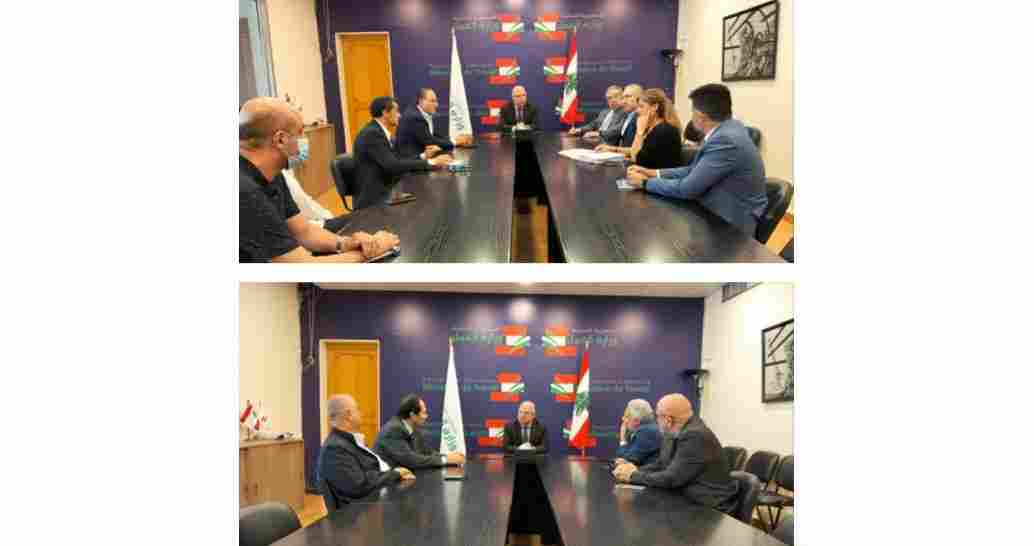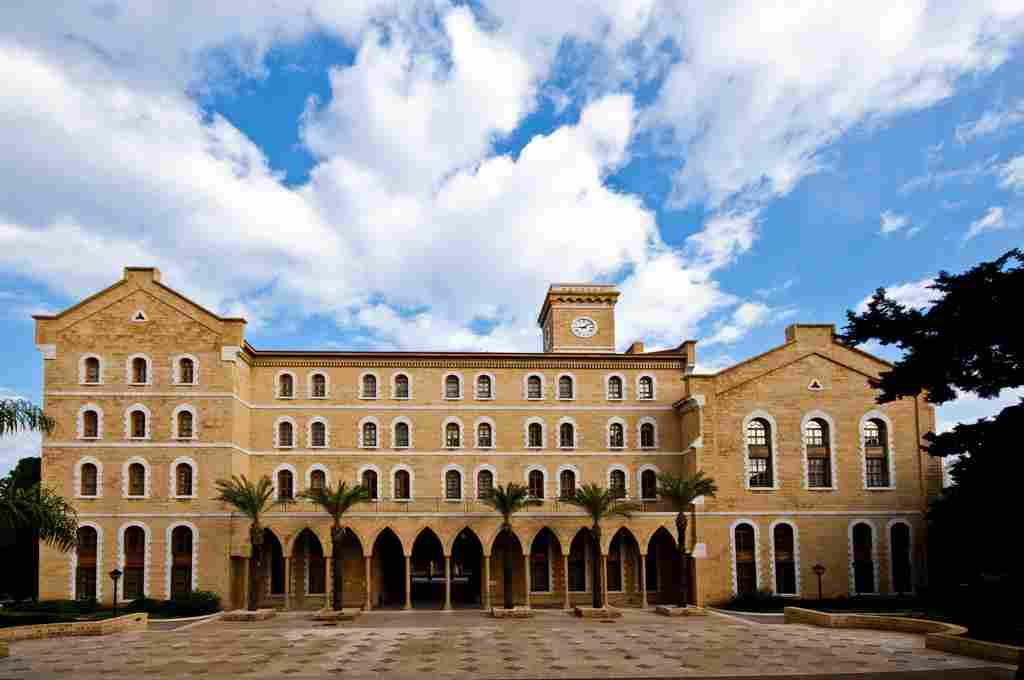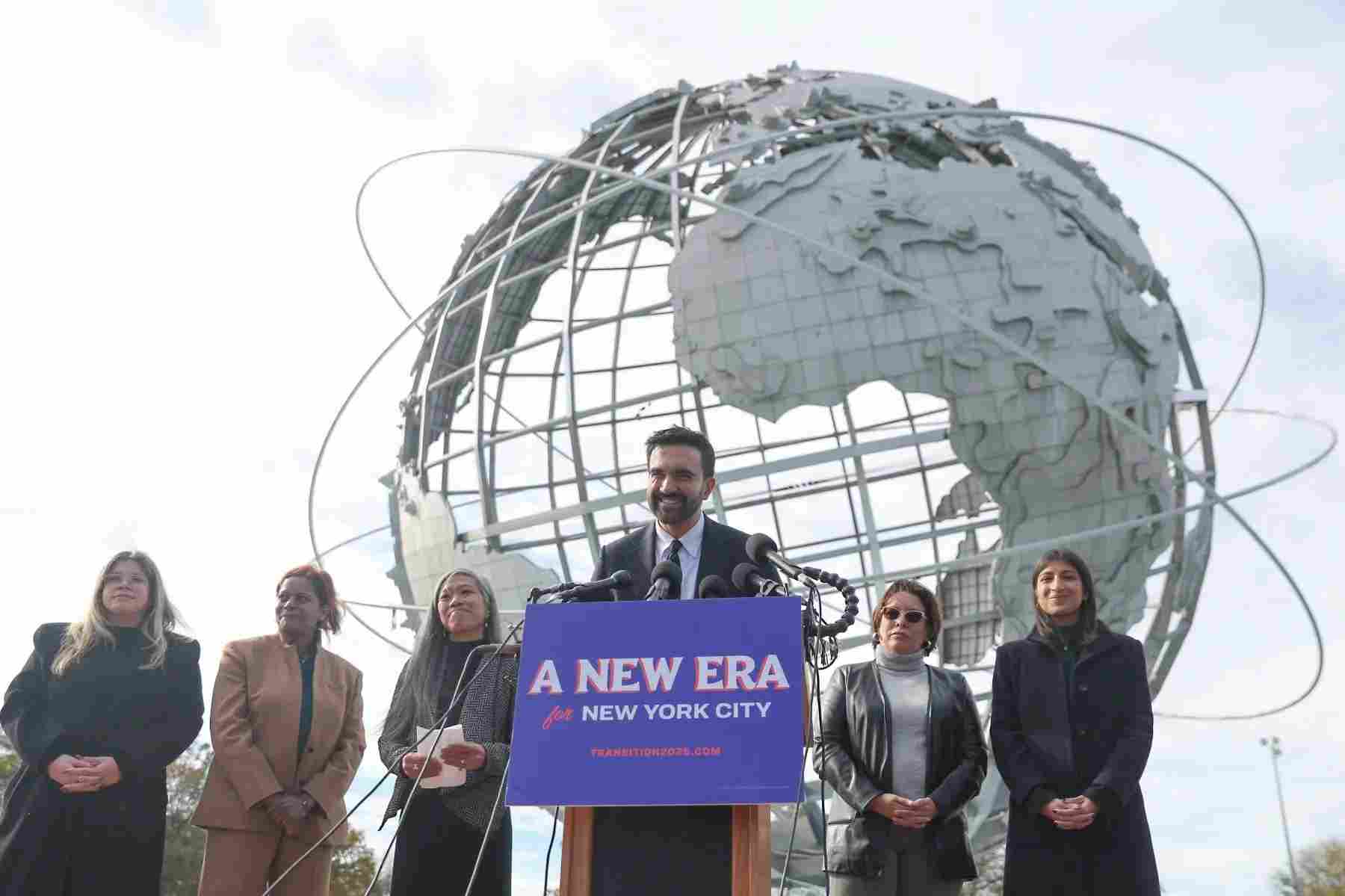
WORLD (Enmaeya Features) - November 10, 2025
In a speech marked by a clear tone of protest, Zahran Mamdani, the newly elected mayor of New York, stated that "the city workers loved can no longer sustain them". He also called for rent freezes, improved labor rights, and the establishment of a comprehensive social welfare system that puts people before the market.
Mamdani spoke about wealth redistribution, fast and free public transport, comprehensive childcare, and the hiring of thousands of teachers, emphasizing that "politics will no longer be something imposed on us, but something we participate in shaping".
But are these policies feasible in New York, and what do they imply for a country like Lebanon?
In an exclusive interview with Enmaeya, economic expert Walid Abou Sleiman weighed in on Mayor-elect Mamdani’s policy agenda. He noted that initiatives such as expanding workers’ rights and freezing rents embody a vision of social development aimed at addressing inequality.
Yet, Abou Sleiman cautioned, these measures could clash with the principles of a free-market economy, which depend on flexibility, competition, and price liberalization. The tension between social equity and market freedom, he explained, will be a key challenge for Mamdani as he seeks to implement his ambitious platform.
Inflation and Rent Control
Abu Sleiman told Enmaeya that "in any developing economy, rents are usually linked to an inflation index, which adjusts property prices and wages accordingly".
"In free markets, direct rent control is not part of liberal economic philosophy. Legitimate intervention is limited to linking rents to cost-of-living indicators, while imposing ceilings or freezes turns the economy into a directed system, contradicting the principles of economic freedom", he added.
Wealth Redistribution
Regarding Mamdani’s proposal to redistribute economic power from the wealthy to the working class, Abu Sleiman noted: "Wealth redistribution is a core function of the state, and it is achieved through carefully designed progressive taxation".
"In the U.S., each state has a different tax system, allowing for wealth reorganization without undermining market freedom, but these policies cannot directly redistribute the workforce itself", he said.
Challenges for Growth in New York
Abou Sleiman noted that "Mamdani’s policies represent a direction opposite to the liberal approach characteristic of former President Donald Trump’s administration".
He added that New York faces a major challenge in achieving balanced economic growth, as the city is the center of Wall Street and global capitalism, hosting technology and AI companies that are the main growth drivers.
“Balancing the interests of these companies with workers’ rights will be one of the key challenges for the new administration,” he explained.
No Comparison with Asian Models
Responding to a question about whether Mamdani’s vision resembles economic experiences in Latin America or Asia, Abou Sleiman said, "China, for example, shifted from socialism to liberalism but relies on industry and exports. New York’s economy, however, is service- and technology-based, so the two are not comparable".
Lebanon: Absence of Social Justice
Abou Sleiman discussed Lebanon, stating, "Social justice and social protection are currently absent. The 2026 budget, not yet approved, does not include genuine protection for vulnerable groups, and the tax system does not employ progressive mechanisms that allow wealth redistribution".
He added, "Lebanon still operates within an economy dependent on services and transfers and has not yet managed to build a productive or competitive environment in technology or the digital economy".
Housing Crisis Beyond Rent
Regarding Mamdani’s proposal to freeze rents as a measure to address housing crises, Abou Sleiman said, "This solution cannot be separated from comprehensive reforms in Lebanon”.
He explained, "The crisis involves lack of rural infrastructure, stalled housing loans, a weak banking sector, and the absence of public housing policies".
He added, "The problem goes beyond rent freezes; it relates to the lack of urban planning and systematic financing for the housing sector".
Human Capital… The Biggest Loss
Discussing the idea of "an economy that prioritizes people over the market," Abou Sleiman said, "Human capital is Lebanon’s true wealth, but the country is losing it due to increasing emigration".
He added, "Since 2019, between 570,000 and 700,000 Lebanese have emigrated, 70% of them young people. This loss can only be offset by creating a supportive environment based on political and security stability and infrastructure".
A New Social Contract… With Lebanese Conditions
In conclusion, Abou Sleiman addressed Mamdani’s call for a "new social deal," saying, "Any new social contract in Lebanon requires broad national consensus, covering both economic and political dimensions".
He noted, "Issues such as decentralization, the banking crisis, and financial disputes must be addressed clearly, because any new social contract cannot succeed without tackling these structural challenges".
At its core, Mamdani’s speech revolves around fundamental human rights: the dignity of citizens, social security, and equal opportunities for all. Whether in New York or Lebanon, these policies remind us that social justice is not a luxury, but a right that every person should enjoy, and that politics should be a tool to secure this right, not to undermine it.







